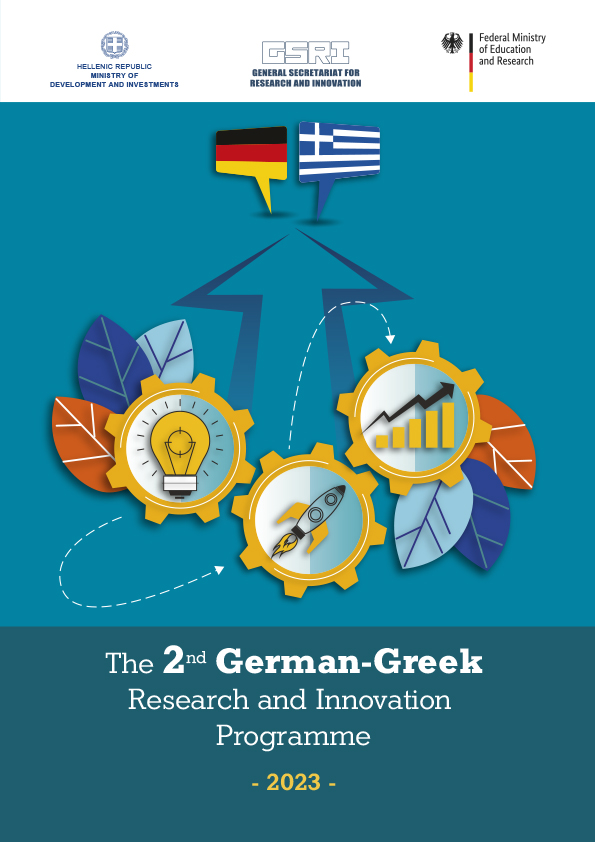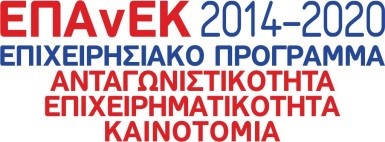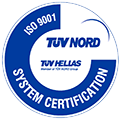The German-Greek cooperation in research and innovation has been long-lasting and thriving. Its foundations were laid in Bonn in 1978 with the signing of the Bilateral Agreement on Scientific and Technological Cooperation. The implementation of the Agreement commenced in the late 1980s with small-scale projects, mainly in the form of scientific exchanges and fellowships, co-funded by our two countries. Over the last decade, Greek-German bilateral cooperation entered a new, more ambitious phase with the launching of the first round of a new cooperation instrument – the German-Greek Research and Innovation Programme.
Today, we can present the outcomes of the second round of this German-Greek programme for which our two countries invested a total of 18 million Euros. 24 joint projects yielded significant advances in the fields of energy, health, bioeconomy, materials research, key technologies as well as in the social sciences and humanities.
However, the programme does not stand alone. Collaboration in research and innovation is a key element of the Greek-German partnership initiative which was established in 2010. The initiative makes a significant contribution to the bilateral German-Greek action plan which was renewed during the 5th Greek-German State Secretary consultations in Berlin in May 2022.
This continuity exists not only on a political level but also in the fields of cooperation to date. The field of energy deserves special mention here. As a scientific area that deals with climate change and our efforts to achieve sustainability and protection of the environment, it is more relevant than ever. Early on, in the first round of the programme, the focus was on safe, secure and efficient supply of clean energy, an idea that was taken up and continued in the second round of the programme. The focus in the field of energy during that second round was on technologies for energy saving and for generating and storing renewable energy, but also on reducing the environmental and climate impact of energy production from conventional sources. This clearly shows how much the German-Greek collaboration in research and innovation has been geared towards the future over the past decade.
The outstanding research conducted in the joint projects and the resulting collaborations between researchers from both countries make an important contribution to consolidating the partnership between our two countries.
One element of utmost importance from the design phase of the programme was the emphasis on the application of the research results in real-life practice. This was reflected in the close cooperation between science and industry in the joint projects. The model of “2+2 projects”, with two partners from science and the private sector from each country in every project, helps to strengthen the innovation systems of both countries by creating close ties between the worlds of academia and industry.
The two main goals of the programme are to foster innovation culture and to recognise potential for innovation at an early stage. With our programme we hope to support all participants in the exploitation of their research by explicitly promoting the transfer of knowledge and new technologies. The successful transfer of research results into innovative products or services is essential for competitiveness and growth. In recent years we promoted this approach within the research programme by organizing two successful hands-on workshops on knowledge and technology transfer.
Greek-German relations in research and innovation continue to be very close and we would like to keep it this way. The call for proposals for a third German-Greek Research and Innovation Programme will be announced in both countries in due course. We are pleased that this successful initiative will be continued.


















